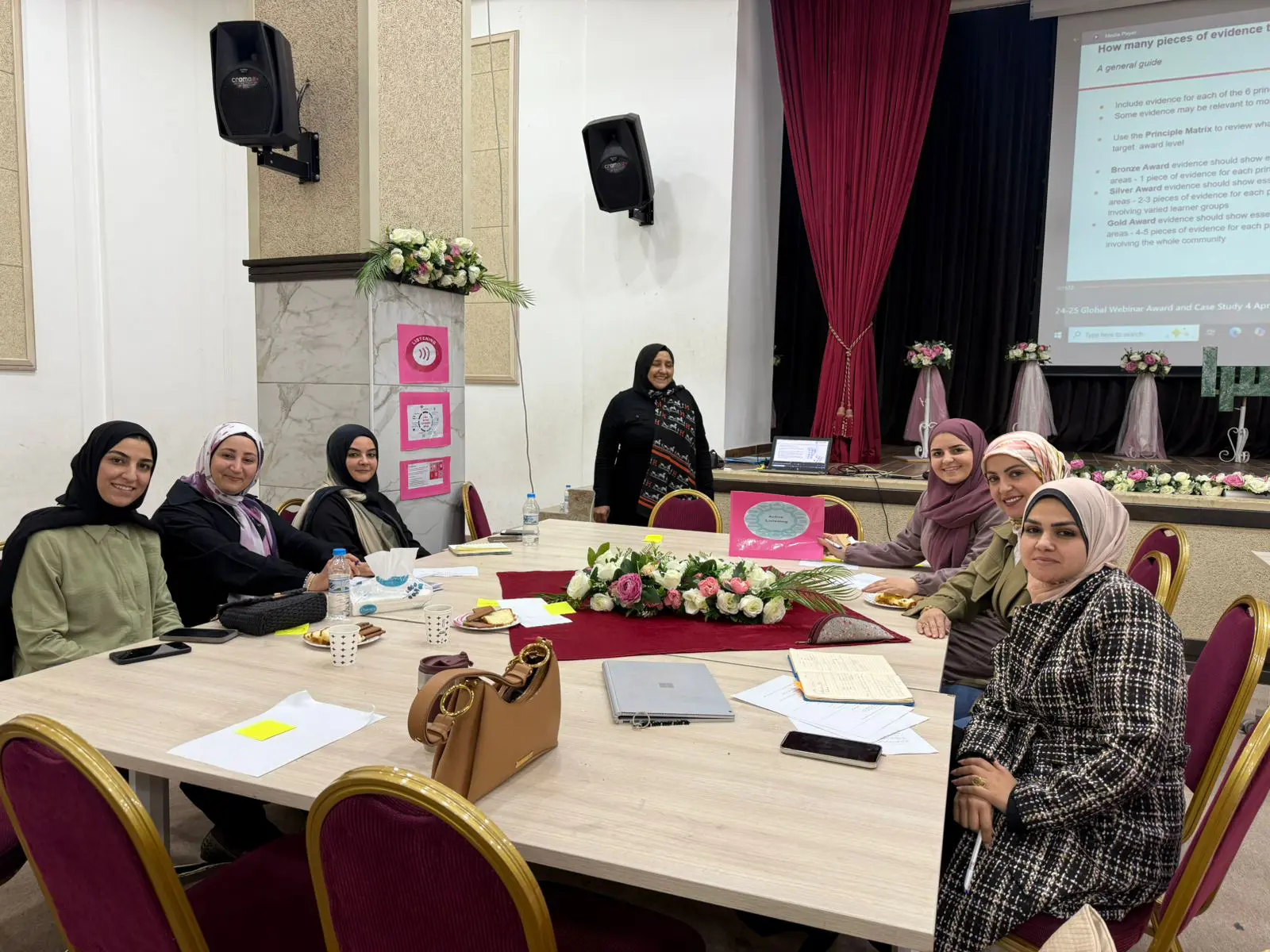Assessment was central to our planning and teaching. We used the Skills Builder Hub, along with teacher checklists, observation notes, and student self-assessments, to measure progress. Teachers adjusted lessons based on these insights, setting skill-specific goals for individuals and groups. Assessment also informed our feedback practices, allowing for more targeted support. Measuring skills made development visible, fostered accountability, and helped both students and staff focus on growth over time.
























